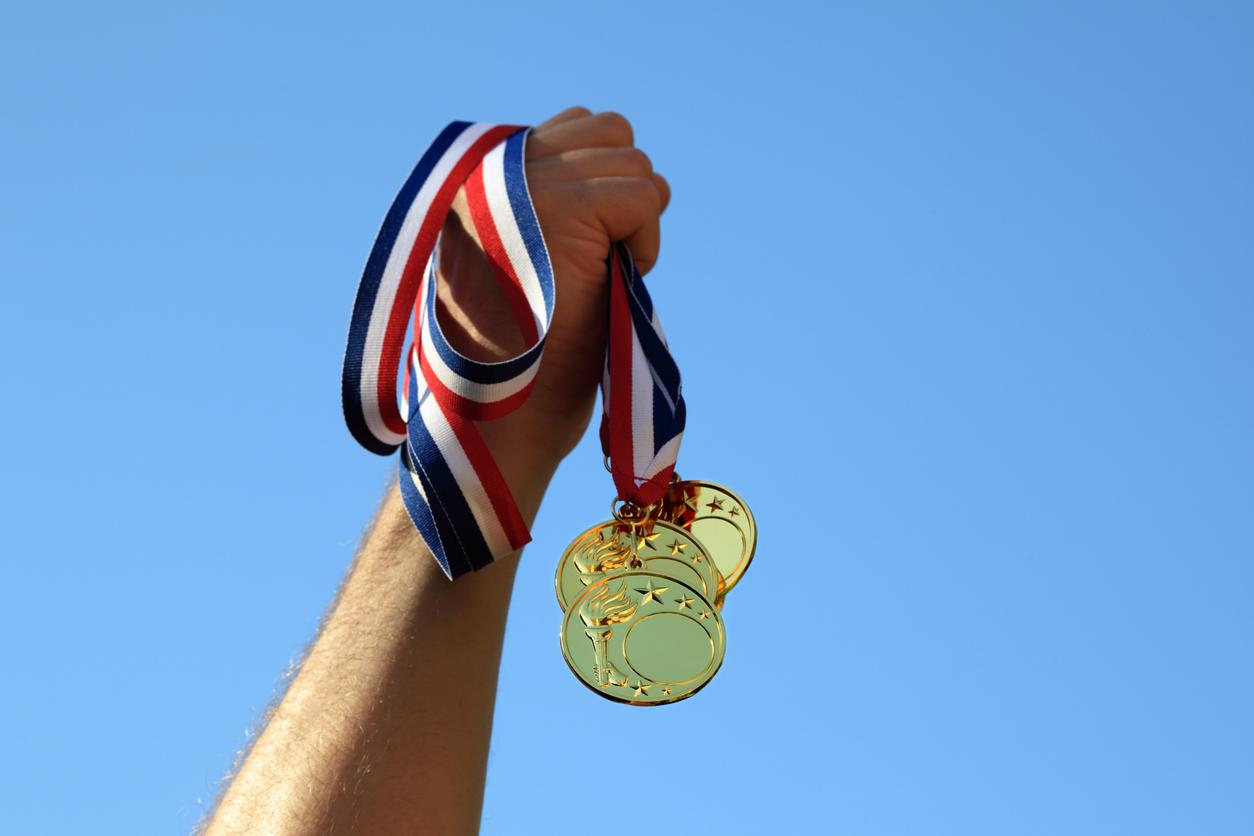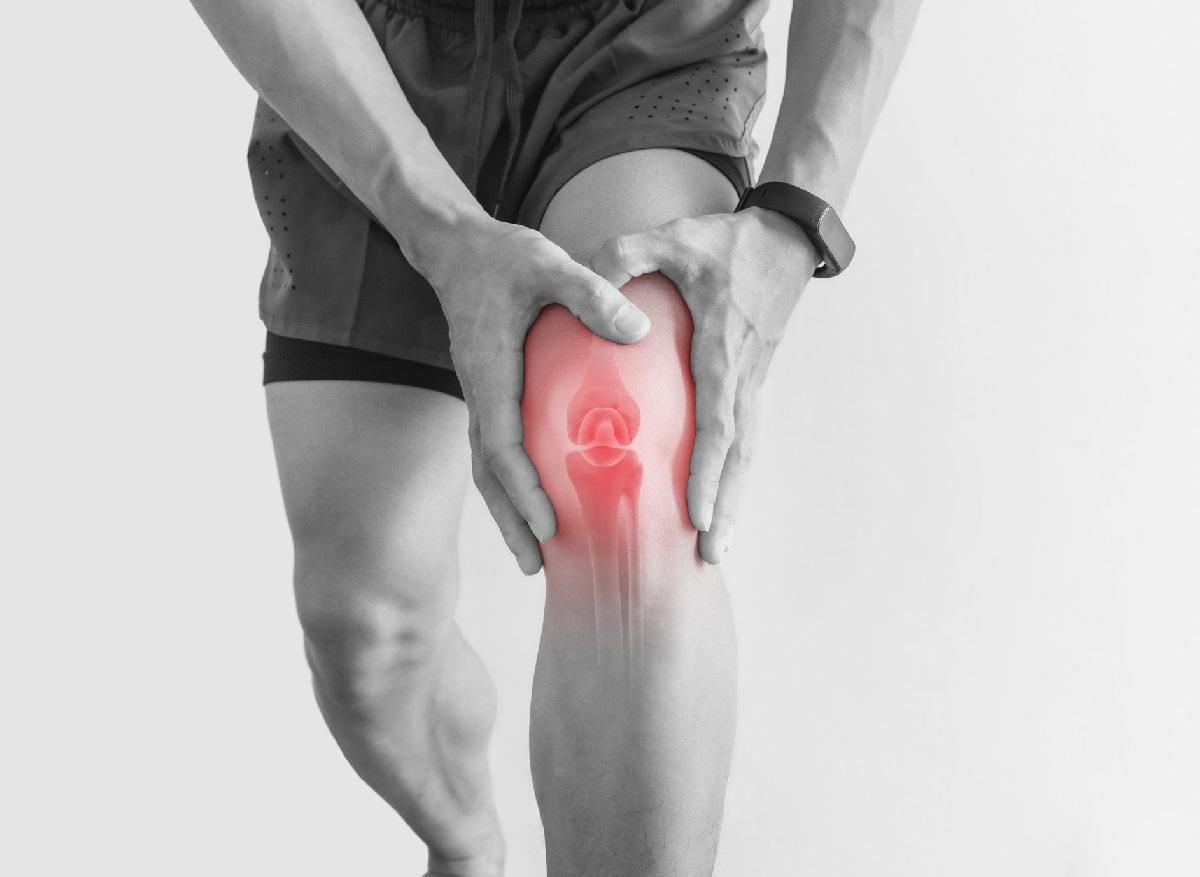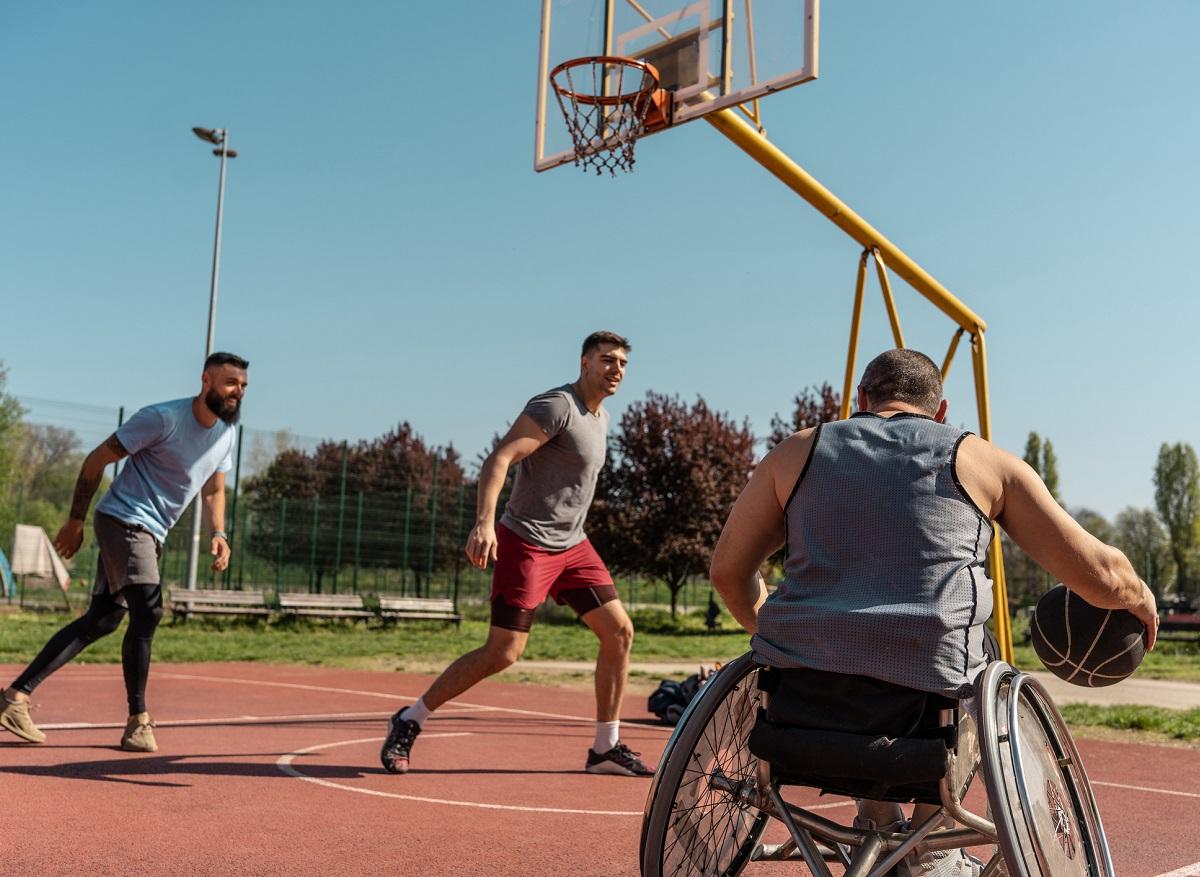
Peugeot Sport is 40 years old. Since 1981, this division of the lion manufacturer has regrouped and managed its activities in competition. It has often been right in its commitments, its vehicles and its teams, accumulating a prestigious track record despite long interruptions and some resounding failures.
From its beginnings in the automobile, Peugeot successfully entered competition. The lion brand won the 1895 Paris-Bordeaux-Paris race, considered the first timed car competition, or the Indianapolis 500 three times between 1913 and 1919.

Peugeot were entered in races in various categories thereafter, both in endurance and rally, a discipline in which they particularly shone during the 1960s and 1970s. In October 1981, the Sochaux manufacturer decided to give another scale to its commitment to rallying and founded Peugeot-Talbot-Sport.
The management of this department was entrusted to Jean Todt, previously a rally co-driver. The same Jean Todt who would later contribute to enrich Ferrari’s track record in F1 with Michael Schumacher and who now chairs the FIA. Talbot has since disappeared, but Peugeot Sport has stayed and is celebrating its 40th anniversary this month.
Peugeot, rally leader of the 1980s
Peugeot Sport was founded at the start of a decade of unbridled arms race in motorsport. A period crowned with success for the French manufacturer, which competed with Porsche, Audi, Lancia, Mitsubishi and Toyota on the circuit as on the track. The Lion initially focused its efforts on the rally, via the design and engagement of the 205 and 405 Turbo 16.


The first won the world rally championship in 1985 and 1986, then won at the Paris-Dakar in 1987 and 1988 among others. The second took over with victories at the Dakar in 1989 and 1990, but also at Pikes Peak in 1988 and 1989. Peugeot’s exploits in the spectacular American hill climb were immortalized in 1988 by the short film Climb Dance. The Finnish driver Ari Vatanen, the real star of this film, was one of the main architects of Peugeot’s success in the 1980s, thanks in particular to his three victories in the Paris-Dakar with the brand. He also had some success in rallying with the 205 T16, but it was Timo Salonen and Juha Kankkunen who won the driver’s title in the discipline behind the wheel of the “sacred number”.
Peugeot Sport in rally, chapter 2

In the second half of the 1990s, Peugeot distinguished itself in the French rally championship, thanks to the 306 Maxi driven by François Delecour and Gilles Panizzi. The latter will be titled twice. Then the firm regained the world rally championship full time in 1999 with the 206 WRC.
There followed three constructors’ titles and two for the drivers (for the Finnish Marcus Grönholm) between 2000 and 2002. The curious 307 CC which will come after will however be far from experiencing the same success. A return to Pikes Peak will take place in 2013 with the 208 T16 driven by Sébastien Loeb. At the end of the day, a victory accompanied by a record time. The 208 WRX won the FIA Rallycross constructors’ championship in 2015. A year that will also see Peugeot return to the Dakar, initially without success. However, the brand did not take long to return to victory. She won this rally-raid in 2016, 2017 and 2018 thanks to the crews led by Stéphane Peterhansel and Carlos Sainz, aboard 2008 DKR then 3008 DKR.

Peugeot’s highlights at Le Mans
Peugeot Sport’s record was also written on the circuit, and in particular at the 24 Hours of Le Mans via participations sometimes spaced in time but often brilliant. The 905, entered for the first time in the Le Mans event in 1990, won there in 1992 and then in 1993 with a hat-trick. In 2009, the 908 Diesel engine (entered in competition from 2007 to 2011) managed to interrupt the time of an edition the overwhelming domination of Audi. After ten years of absence from the WEC championship, Peugeot is now preparing to make its comeback, perhaps as early as 2022, with the 9X8 hybrid prototype in the LMH (Le Mans Hypercar) class.


F1, the bitter failure of Peugeot Sport
Peugeot has also shone in various national championships, such as Supertourism in Germany, and has tried multiple disciplines. But it is undoubtedly in Formula 1 that the brand will experience its greatest failure. Entering the main discipline as a McLaren engine manufacturer in 1994, the manufacturer will then equip Jordan for the next two seasons before supplying its V10 to the Prost Grand Prix team. between 1997 and 2000. Alas, the results were never up to expectations, and the Lion will end up leaving with its tail between its legs.

What future for sport at Peugeot?
” Sport is an exceptional technological laboratory for the automobile. For our brand, it is essential in the deployment of our cars and our mobility plans. (…) This heritage guides our future »Declared Linda Jackson, Peugeot general manager since last January. Unfortunately for lovers of athletic lionesses, the PSE (Peugeot Sport Engineered) range is already in the dark. Inaugurated at the end of 2020 with the 508 PSE, it was nevertheless supposed to take over from the GTi thanks to electrified sports cars. But, according to our information, the development of the e-208 PSE which was to take place in the aftermath has been frozen, following the earlier abandonment of the 308 and 3008 PSE projects. Could customer enthusiasm for the brand’s return to Le Mans make managers change their minds? Response in the coming years.

Peugeot Sport international awards (1981-2021)
here is titles won by Peugeot Sport in international events since 1981.
- WRC constructors champion: 1985, 1986, 2000, 2001, 2002
- WRC drivers champion: 1985, 1986, 2000, 2002
- victories in the Paris-Dakar / Dakar Rally: 1987, 1988, 1989, 1990, 2016, 2017, 2018
- victories at Pikes Peak: 1988, 1989, 2013
- IRC champion (International Rally Championship) manufacturers and drivers: 2007, 2008, 2009
- WRX constructors champion: 2015
- victories at the 24 Hours of Le Mans: 1992, 1993, 2009

TO READ. Peugeot e-208 PSE. The electric boost 208 will not see the light of day

















